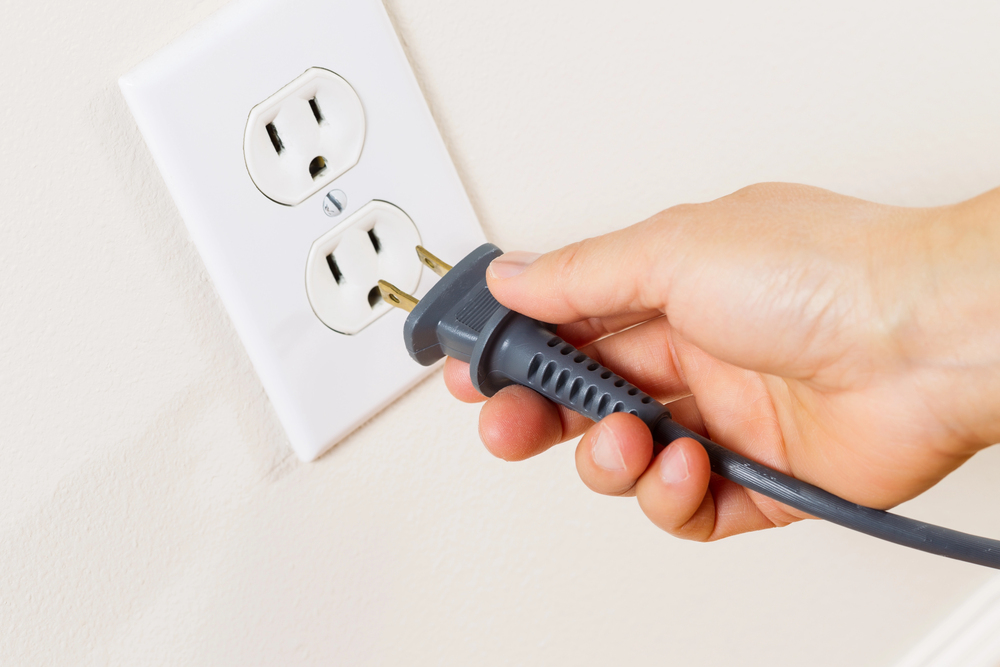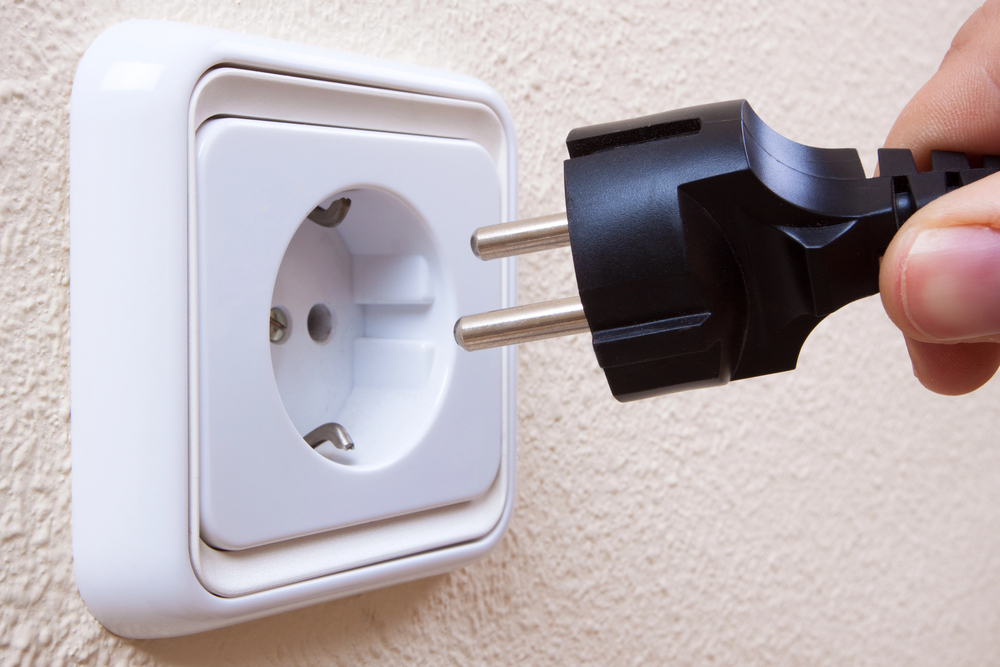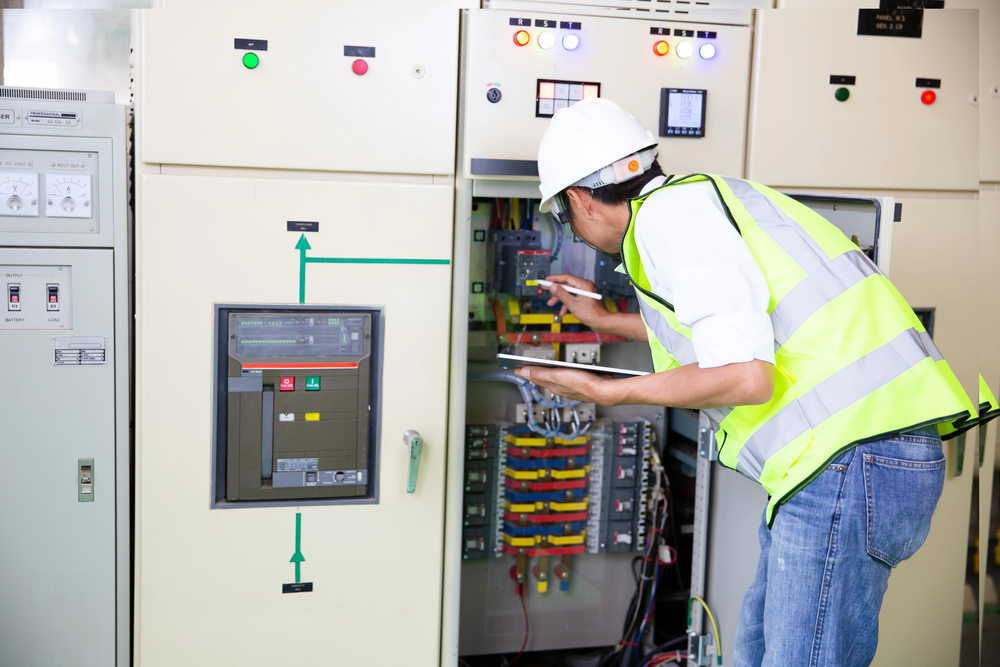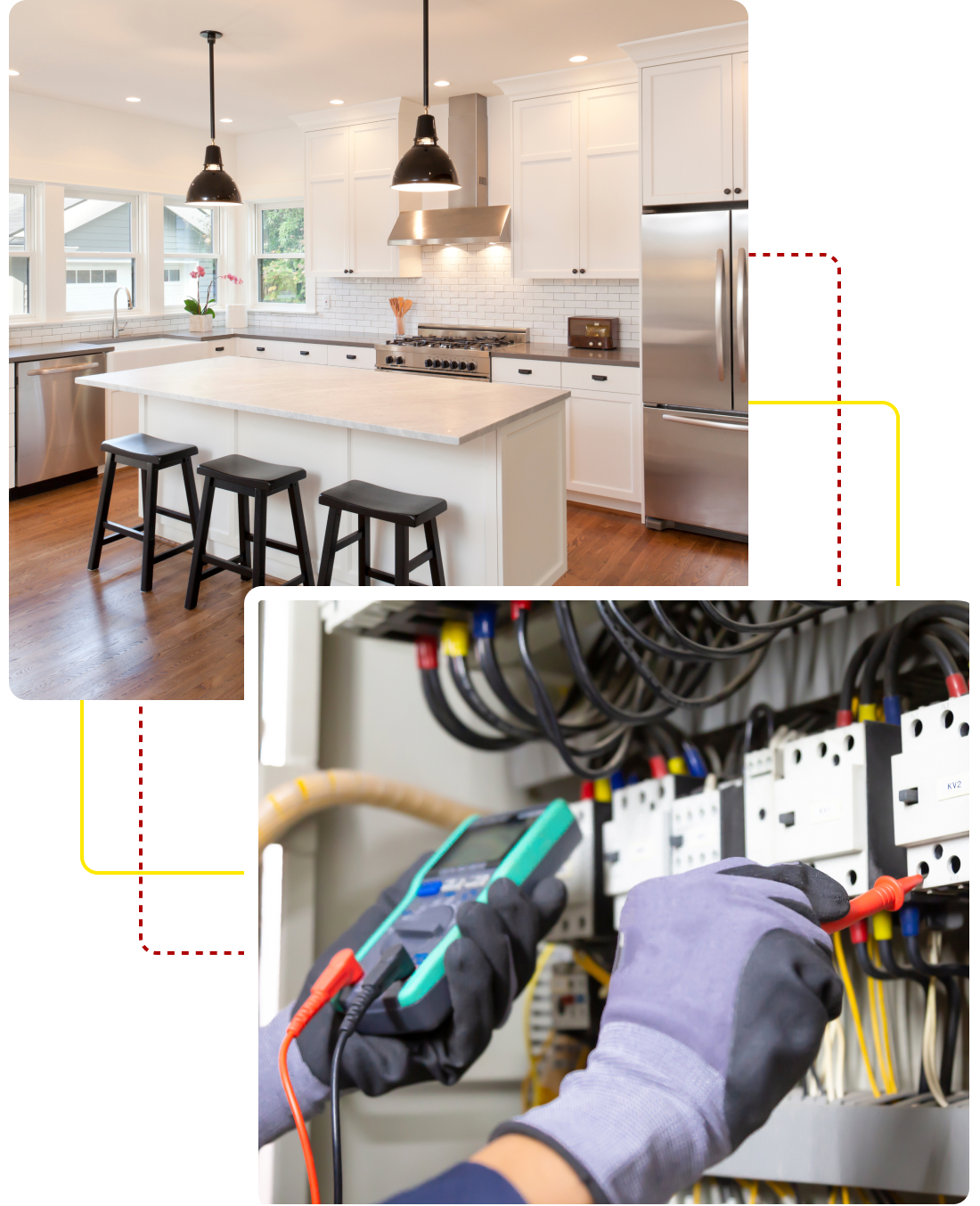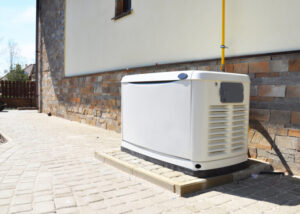
When a storm hits or the grid is down, your generator is your best friend, keeping your home running no matter what the weather brings. But what happens when your generator doesn’t start? It’s frustrating, especially when you rely on it for safety and comfort.
At Aaron’s Electrical Service, we want to help. We think understanding the common reasons behind generator failures can help you troubleshoot the problem quickly. Here are five common reasons why your generator stopped working and how to address them.
Low Gas or Oil Levels
One of the most common reasons a generator stops working is low gas or oil levels. It might seem obvious, but it’s often overlooked. Generators need a steady supply of fuel to operate. If the fuel tank is running low or empty, the generator won’t start. The same goes for oil levels. Most systems have a sensor that monitors oil levels and prevents them from running if they’re too low.
Unfortunately, sometimes the oil level sensor malfunctions, causing the generator to shut down even if there’s enough oil. Make sure your generator is filled with fuel and oil. If it still doesn’t start, inspect or replace the sensor.
Dead Battery
Another common issue is a dead battery. Just like your car, your generator relies on a battery to start. If the battery is dead or weak, your generator won’t power up. This can happen for several reasons, including a lack of use, old age, or even extreme temperatures.
To check if the battery is the issue, use a multimeter to test the battery voltage. If it’s low, try charging the battery or jump-starting it. If that doesn’t work, the battery may need to be replaced. It’s a good idea to regularly check and maintain your generator’s battery to avoid unexpected failures.
Dirty or Clogged Air Filter
A dirty or clogged air filter can also prevent your generator from working properly. The air filter’s job is to keep dirt and debris from entering the engine. The filter can become clogged, blocking airflow and causing the engine to run poorly or not start.
You can check the air filter by removing it and holding it up to the light. If you can’t see light through it, it’s time to clean or replace the filter. You can clean the filter by gently tapping it to remove loose debris or washing it with soapy water if it’s reusable. If the filter is beyond cleaning, replace it with a new one.
Clogged Carburetor or Fuel Valve
The carburetor and fuel valve play are important in your generator’s operation. The carburetor mixes fuel with air, and the fuel valve controls the flow of fuel to the carburetor. If either of these components becomes clogged, your generator might not start.
To check for clogs in the fuel valve and carburetor. If you notice any blockages, they can often be cleared with a cleaning. But be careful! Cleaning a carburetor can be a delicate task, so if you’re not confident in doing it yourself, it’s best to call for professional repairs.
Choke Lever in the Wrong Position
The choke lever controls the amount of air going into the engine during startup. If the choke lever is in the wrong position, your generator may stall or not start. Double-check the choke position in your generator’s manual before starting it. If your generator is running and then suddenly stops, the choke lever may need to be adjusted as the engine warms up. It’s a small adjustment but can make a big difference in your generator’s performance.
Professional Generator Repairs in Houston & Dallas
If your generator isn’t working and you’re unable to solve the problem, our team at Aaron’s Electrical Service in Houston and Dallas is ready to help. With emergency services, same-day appointments, and friendly, courteous electricians, we’re ready to get your generator back up and running. Plus, with our 100% satisfaction guarantee and lifetime warranties on our services, you can trust that you’re in good hands.
Aaron’s Electrical Service has the expertise to handle all your generator issues. Contact us today for prompt, reliable generator repairs in the DFW or Greater Houston area.

